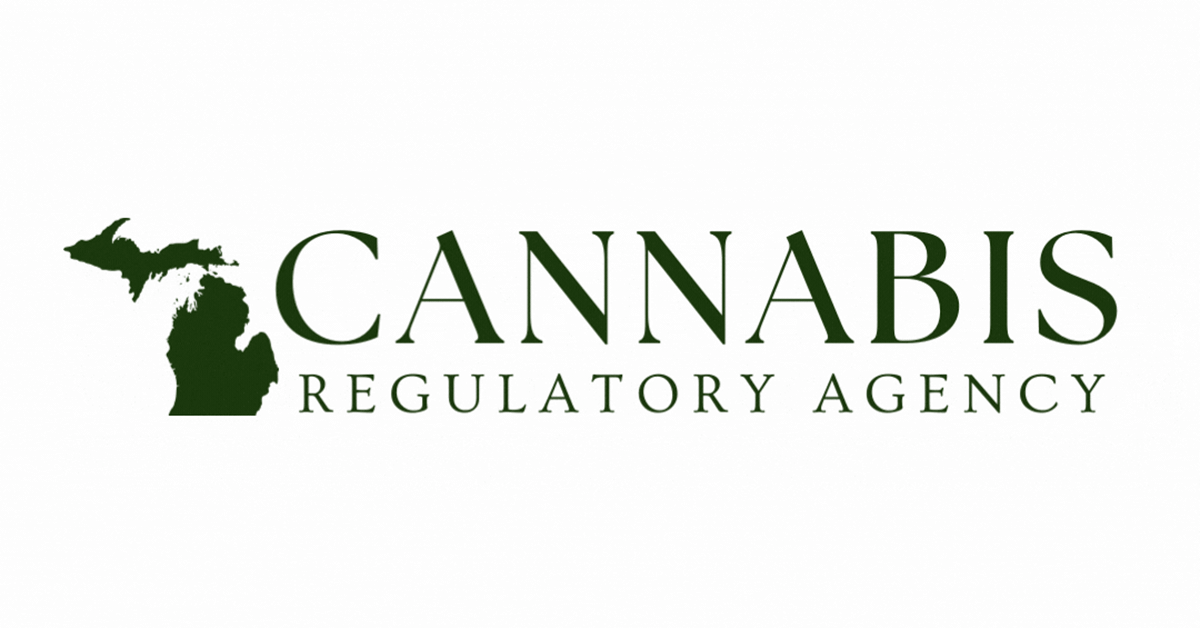Michigan's CRA Comments on the Proposed Federal Rule Rescheduling Marijuana

The Michigan Cannabis Regulatory Agency (CRA) has submitted an extensive comment on the proposed federal rule for rescheduling cannabis. This comment, available in full on the CRA website, addresses key issues related to the proposed rescheduling from Schedule I to Schedule III. The CRA's submission aims to inform the Drug Enforcement Administration (DEA) and other federal agencies about Michigan's Medical Marijuana Program and provide critical considerations for rescheduling cannabis.
Key Points of the CRA's Comment
The CRA's comment is twofold: it provides detailed information and statistics about Michigan's Medical Marijuana Program, and it outlines a comprehensive list of considerations for federal agencies when determining whether and how to reschedule cannabis.
Michigan's Medical Marijuana Program
Michigan's program began in 2008 following a voter-approved initiative. The program has grown significantly, peaking in 2018 with nearly 300,000 registered patients and over 40,000 caregivers. Despite the legalization of adult-use cannabis in 2018, many patients continue to value the medical marijuana registry. As of the end of Fiscal Year 2023, there were 129,099 qualifying patients and 11,554 primary caregivers.
Considerations for Rescheduling
The CRA highlights several areas that require clear guidance and robust coordination from federal agencies to ensure a smooth transition if cannabis is rescheduled to Schedule III. These areas include:
-
Requirements Applicable to Schedule III Drugs: Federal guidelines must clarify how existing Schedule III requirements will apply to cannabis, considering that over 35 states have established medical marijuana programs and 24 states have adult-use programs.
-
Banking and Taxation: Rescheduling cannabis could enable businesses to access banking services and benefit from standard tax deductions and exemptions. Clear federal guidance is essential to address these changes.
-
Bankruptcy Protection: Allowing cannabis businesses to seek bankruptcy protection could provide crucial financial relief and restructuring opportunities. Guidance from the U.S. Trustee Program is necessary.
-
Packaging, Labeling, and Advertising: Standardized federal guidelines could streamline compliance and enhance consumer safety. Agencies like the FDA should issue clear directives.
-
Product Safety Standards: Uniform safety standards would ensure consistent quality across states, protecting consumers. The FDA should oversee these regulations.
-
Transportation and Interstate Commerce: Legal interstate commerce of cannabis products would require detailed federal guidelines, considering the diverse state regulations currently in place.
-
Research: Rescheduling could expand research opportunities using state-regulated products, necessitating clear federal research protocols.
-
Federal Enforcement: Rescheduling should prompt new enforcement priorities, potentially modeled after the Cole Memo, to ensure stability for state-regulated markets.
-
Federal Regulatory Agencies: Agencies such as the DEA and FDA should have defined roles in regulating cannabis post-rescheduling, with states retaining authority over specific aspects like licensing and distribution.
CRA's Stance and Offer of Expertise
Brian Hanna, the Executive Director of the CRA, emphasized the significant investment and effort by Michigan's licensees, caregivers, patients, and advocates in developing a leading cannabis industry. He stressed that rescheduling must be accompanied by comprehensive federal guidance to be effective. Hanna also expressed the CRA's readiness to testify at the federal level to share Michigan's progress in creating a robust regulatory framework.
Conclusion
The CRA's submission underscores the importance of a coordinated, whole-of-government approach to rescheduling cannabis. Without clear and comprehensive federal guidance, the rescheduling could potentially disrupt existing state programs. The CRA urges the DEA and other federal agencies to act responsibly and seize this historic opportunity to reshape cannabis regulation in the United States.
Share this article:
Spotted a typo, grammatical error, or a factual inaccuracy? Let us know - we're committed to correcting errors swiftly and accurately!








 Helpful Links
Helpful Links